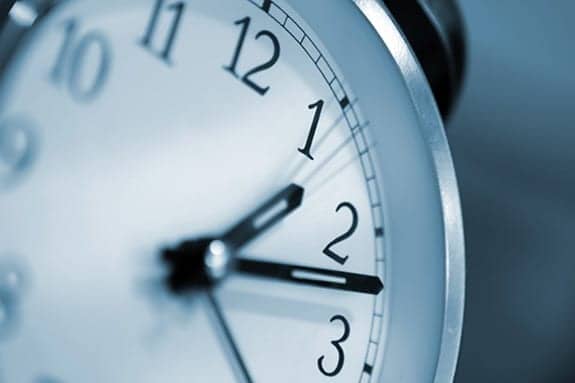Lost sleep and the stress of starting another work week can be a double-hit for an at-risk heart.
Researchers at the University of Michigan found a surge in heart attacks — 25% more compared to other days — in the first full workday after the “spring-forward” time change.
Although precise reasons are tough to nail down, it seems clear that the hour of lost sleep during the switch to Daylight Saving Time plays a role, said U-M cardiologist Dr Hitinder Gurm.
Prepare for Heart Risk from Monday’s ‘Spring-Forward’










